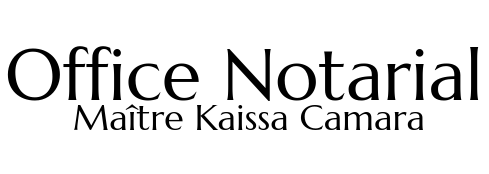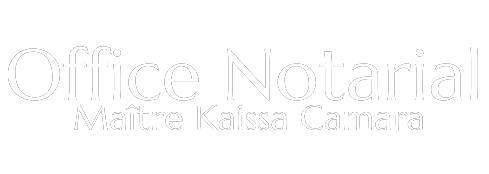In human and business relationships During the debates on the “law of 25 ventôse an XI, containing the organization of the notary’s office”, Conseiller Réal defined the notary in the following terms:
“Alongside civil servants who conciliate and judge disputes, tranquility calls for other civil servants, who, as disinterested advisors to the parties, as well as impartial drafters of their wills, make known to them the full extent of the obligations they contract, drafting these commitments with clarity, giving them the character of an authentic deed and the force of a final judgment, perpetuating their memory and preserving their deposit with fidelity, prevent disputes from arising between men of good faith and remove from greedy men with the hope of success, the desire to raise an unjust dispute. These disinterested advisors, these impartial drafters, this species of voluntary judges who irrevocably bind the contracting parties, are notaries. This institution is the notariat.
A notary is a legal professional who draws up, certifies, and authenticates legal deeds. The notary’s mission is to guarantee the legal security of the deeds he or she draws up, and to protect the rights of users by verifying the legality of the transactions they enter into.
Notaries are empowered to intervene in a wide range of legal transactions, including the sale or purchase of real estate, the drafting of a will, the creation of a business, the drawing up of a marriage contract, etc. They can also offer legal advice to individuals, companies, and institutions. They can also provide users with legal advice and help them anticipate the tax and legal consequences of their transactions.
Notaries are public and ministerial officers, bound by a strict code of ethics. The State entrusts them with a public service mission (the public service of authenticity), delegating to them genuine prerogatives of public authority.
Although vested with a particle of public authority, notaries remain independent professionals who exercise their functions within a liberal framework. Remunerated directly by users via “fees”, the notary assumes the economic responsibility for his office.
The notary’s status is governed by law L 93/003/CTRN of February 18, 1993.
Role and missions: what does a notary do?
A notary’s tasks are relatively varied. As the guarantor of the legal security of the deeds he draws up, he is responsible for the following tasks in particular:
Authentication of deeds
Calling on the services of a notary secures the legal relationship between the parties to a deed. Once a deed has been drawn up, the notary guarantees its legal validity. He gives it authenticity.
He verifies the validity of certain elements:
- Will of the parties to the deed
- Date
- Deed content
- Absence of illegal clauses
By affixing his seal and signature, the notary officially confirms the will of the parties to the deed. A deed authenticated by a notary becomes an “authentic” deed. This certification gives the deed greater legal value.
An authenticated deed has the following characteristics:
The date of signature is authoritative: once the deed has been authenticated, its date is indisputable. In the event of a dispute, it can be used as proof of the date on which a contract began.
The deed has considerable probative force: the notary’s signature on a deed lends it undeniable authenticity. In the event of a dispute, a notarial deed represents the highest level of admissible evidence, on a par with a final judgment. A notarial deed is proof of its origin (i.e. the identity of the parties), its content (i.e. the fulfilment of the formalities it relates and the declared will of the parties) and its date, until a forgery is recorded. Beware, however: to avoid fanciful disputes, the procedure for writing is a cumbersome one. If the claim is unfounded, the plaintiff can be fined heavily.
The deed is enforceable by operation of law: just like a court decision, an authentic deed can be used as a basis for the forced execution of obligations by one of the parties.
Safekeeping of deeds
Notaries are also responsible for preserving the originals of authenticated deeds (“minutes”). They must be consulted and preserved for 100 years (100 years for deeds concerning minors), after which they are deposited in the national archives.
Copies of these documents must also be issued. There are two types of copy:
The “grosses:” copies which contain the executory formula enabling them to be enforced;
expéditions”, which are simple copies certified as true copies of the original;
Good to know : Advice
Finally, the notary is first and foremost a jurist, a legal professional. He is therefore qualified to provide legal advice. He offers legal advice to users as part of their life project (acquisition of real estate, creation of a business, etc.) or during a difficult situation (inheritance, divorce, etc.).

